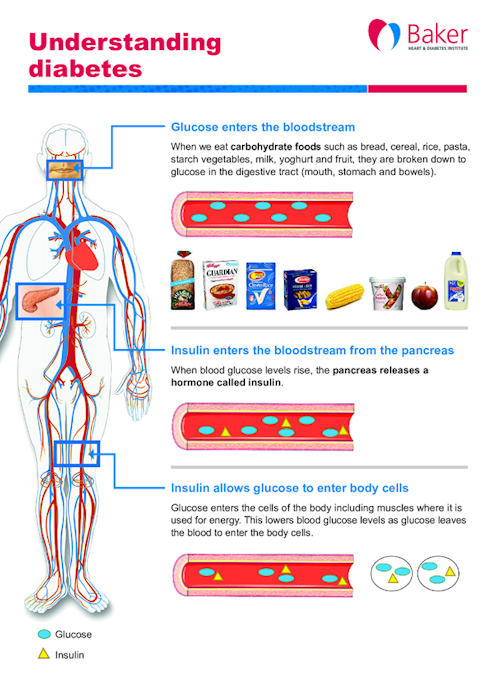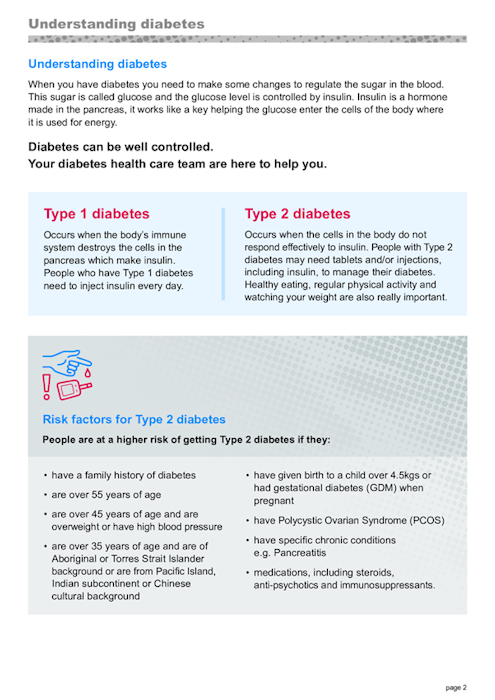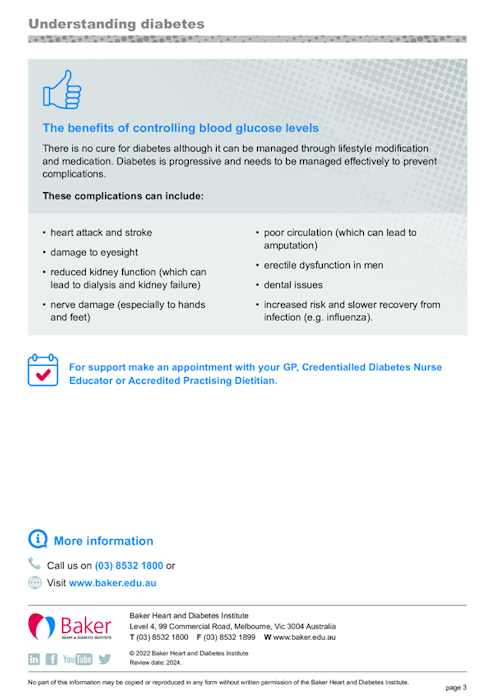Understanding Diabetes: Types and Causes
Diabetes is a chronic medical condition that affects millions of individuals worldwide. This occurs when the body is unable to properly regulate blood glucose levels. Glucose, a sugar that serves as the primary source of energy for cells, is obtained from the food we eat. Insulin, a hormone produced by the pancreas, plays a crucial role in helping glucose enter cells to be used for energy.
This article aims to provide understanding of the various types of diabetes and the underlying causes contributing to their development. By shedding light on the factors that contribute to this condition, we can empower individuals to take proactive measures for diabetes prevention and management.
What are the Types of Diabetes?
Diabetes is categorized into different types, each with distinct characteristics and underlying causes.
a. Type 1 Diabetes
Type 1 diabetes is an autoimmune condition in which the body's immune system attacks and destroys insulin-producing beta cells in the pancreas. As a result, the pancreas is unable to produce insulin, a hormone essential for regulating blood glucose levels.
In Australia, Type 1 diabetes is commonly diagnosed in children and young adults. According to Diabetes Australia, approximately 10-15% of all diabetes cases in the country are Type 1 diabetes.
b. Type 2 Diabetes
Type 2 diabetes is the most prevalent form of diabetes, accounting for the majority of cases in Australia. It occurs when the body becomes resistant to insulin or when the pancreas fails to produce enough insulin to meet the body's needs.
Several factors contribute to the development of Type 2 diabetes, including genetics, age, obesity, sedentary lifestyle, and unhealthy dietary habits.
c. Gestational Diabetes
Gestational diabetes mellitus (sometimes referred to as GDM) is a type of diabetes that occurs during pregnancy when the body is unable to produce sufficient insulin to meet the increased demands. While most women with gestational diabetes return to normal blood glucose levels after childbirth, this condition increases the risk of developing Type 2 diabetes later in life.



Disclaimer: The photo used in this [article/blog/post] is the property of its respective owner. The image is used for illustrative purposes only and has been sourced from https://baker.edu.au/-/media/documents/fact-sheets/baker-institute-factsheet-understanding-diabetes.pdf. We do not claim ownership or copyright of this image. If you are the rightful owner of the image and believe that its use infringes on your copyright, please contact us, and we will promptly remove it or provide appropriate credit.
What causes Diabetes?
Genetic Factors play a significant role in the development of both Type 1 and Type 2 diabetes. Individuals with a family history of diabetes have a higher risk of developing the condition themselves. Specific genes are associated with an increased susceptibility to diabetes, although genetic factors alone are not sufficient to cause diabetes.
Lifestyle Factors. Lifestyle choices, particularly in Type 2 diabetes, can significantly influence the risk of developing the condition. Unhealthy dietary habits, sedentary lifestyles, and obesity are major contributors to insulin resistance and Type 2 diabetes.
According to the Australian Bureau of Statistics, approximately 67% of Australian adults are overweight or obese, highlighting the impact of lifestyle factors on diabetes prevalence.
Conclusion
Understanding the various types of diabetes and their underlying causes is crucial in tackling this prevalent chronic condition. Genetic predisposition and lifestyle choices significantly contribute to the development of diabetes, making prevention and early intervention essential. By raising awareness and providing accurate information, we can work towards reducing the burden of diabetes in Australia and promoting better health outcomes for affected individuals.
Manage your diabetes with confidence using our specialized diabetes care products. From blood glucose monitors to insulin supplies, we offer reliable tools and resources to help you monitor, control, and optimize your health. Diabetes Care and Other Diabetic Supplies available at Medcart.
Sources
- Diabetes Australia. (n.d.). What is Diabetes? Retrieved from https://www.diabetesaustralia.com.au/about-diabetes/type-1-diabetes/
- Baker Heart and Diabetes Institute. (n.d.). Understanding Diabetes. Retrieved from https://baker.edu.au/-/media/documents/fact-sheets/baker-institute-factsheet-understanding-diabetes.pdf
- Australian Bureau of Statistics. (n.d.). Overweight and Obesity in Australia. Retrieved from https://www.abs.gov.au/statistics/health/health-conditions-and-risks/national-health-survey-first-results/2017-18















